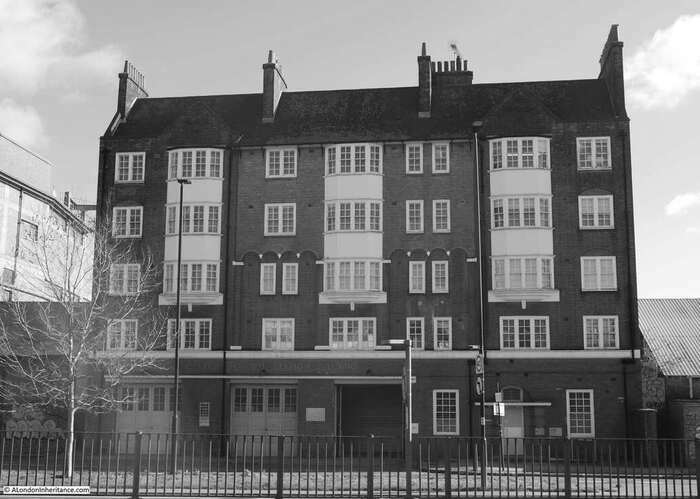Acme, one of the biggest providers of artist studios in London, has been criticised for pushing ahead with a 7 percent rent increase, effective 1 April, despite the devastating economic impact of the COVID-19 pandemic. Acme currently operates 16 properties across the capital that provide studios for around 800 artists, including some live–work spaces.
While Acme is offering three-month payment breaks to artist-tenants, other studio providers, including Space and Gasworks, have postponed rent increases altogether. Turf studios in Croydon will not collect April rents, and Grand Union in Birmingham and Wasps in Glasgow have offered payment breaks. Thames-Side Studios, which operates a vast block in Greenwich, has cut rent by 50 percent for three months; Spike in Bristol has offered a similar reduction for April and May.
Acme say it will also offer a 50 percent reduction in rent for three months, but on a case-by-case scenario.
Michael Iverson, an artist who rents a studio at Acme’s Rowse Close block, wrote on Instagram regarding the rent hike and accompanying offer of a payment holiday that he couldn’t ‘really see the benefit we get from building up a load of debt that is going to be just as hard to pay off later as finding the rent now’.
Shaan Syed told ArtReview that while ‘normally I think Acme are great, they’ve really got this wrong’ and that the case-by-case solution ‘perpetuates the pattern of artists constantly being subservient and having to ask for hand-outs. All we were asking for was a temporary rent-freeze so we can manage our existing commitments without having to bear a new one.’
In correspondence seen by ArtReview, the directors of Acme, which is a nonprofit, say that ‘Rent increases are set at a level that is the minimum we can charge for the next two year period’ and that they have no choice but to push ahead with the increase, as the ‘key to keeping the rent increases so low is the reliance on the assumption that we will have 100% occupation of our studios, and that we can keep arrears to a minimum – this ensures we hold sufficient money to cover our expenditure. Unfortunately, due to Covid-19 situation we will be unable to re-let vacant studios due the restrictions, and we will see rising arrears due to the support measures that we have already enacted to support artists who are facing difficulties. This will reduce our income and increase our costs over the next two years.’
On Twitter, artist Tai Shani, who shared last year’s Turner Prize win, commented that her studio provider, Gasworks, ‘Offered 60% [reduction in rent] but have asked those who can to continue paying as much as they can because they might not survive this if it lasts for a long time.’
Correction: an earlier version of this article stated that Acme’s offer of a rental holiday was made on a case-by-case basis; in fact the company has offered it across the board. A 50 percent rent reduction was offered case-by-case.
Update: On Friday, Acme codirector Lea O’Loughlin, commenting on the above article, wrote: ’In response to the COVID–19 crisis, we contacted all of our studio tenants on Friday 27 March offering a three month rent payment break, with flexible interest free repayments over a two year period. In addition to this, for artists suffering financial hardship due to the crisis, we are also offering further support in the form of non-repayable 50 per cent rent relief for an additional three months. Details are published on our website: https://acme.org.uk/about/covid-19-support/
’The article also implies that Acme is not offering any support compared with other studio providers, when in fact we are. As a charity dedicated to the support of artists in necessitous circumstances, we feel that providing targeted additional support to those artists unlikely to qualify for government support is appropriate.
’Our reasoning for keeping our scheduled rent increases alongside the specific support we are offering during this period is to ensure artists don’t end up paying more money with larger rent increases in the future, and this has been explained to our artists in detail. It is disappointing that this part of our correspondence with Shaan Syed has been omitted, while other portions of text have been directly quoted.
’As alluded to at the very end of the article, the studio sector is currently under a huge amount of strain – with studio providers currently self-funding support packages for artists which is ultimately unsustainable.
‘Alongside our sector colleagues we are actively involved in lobbying for artist support, and support for the affordable studio sector, which is currently not eligible for any government funding packages. Unfortunately a number of our colleagues will not survive this crisis without intervention, and potentially hundreds of artist studios will be lost in London alone.’
3 April 2020
